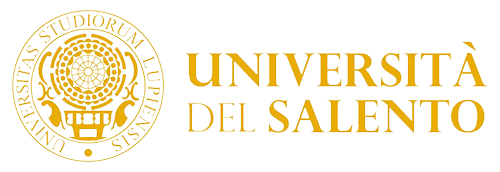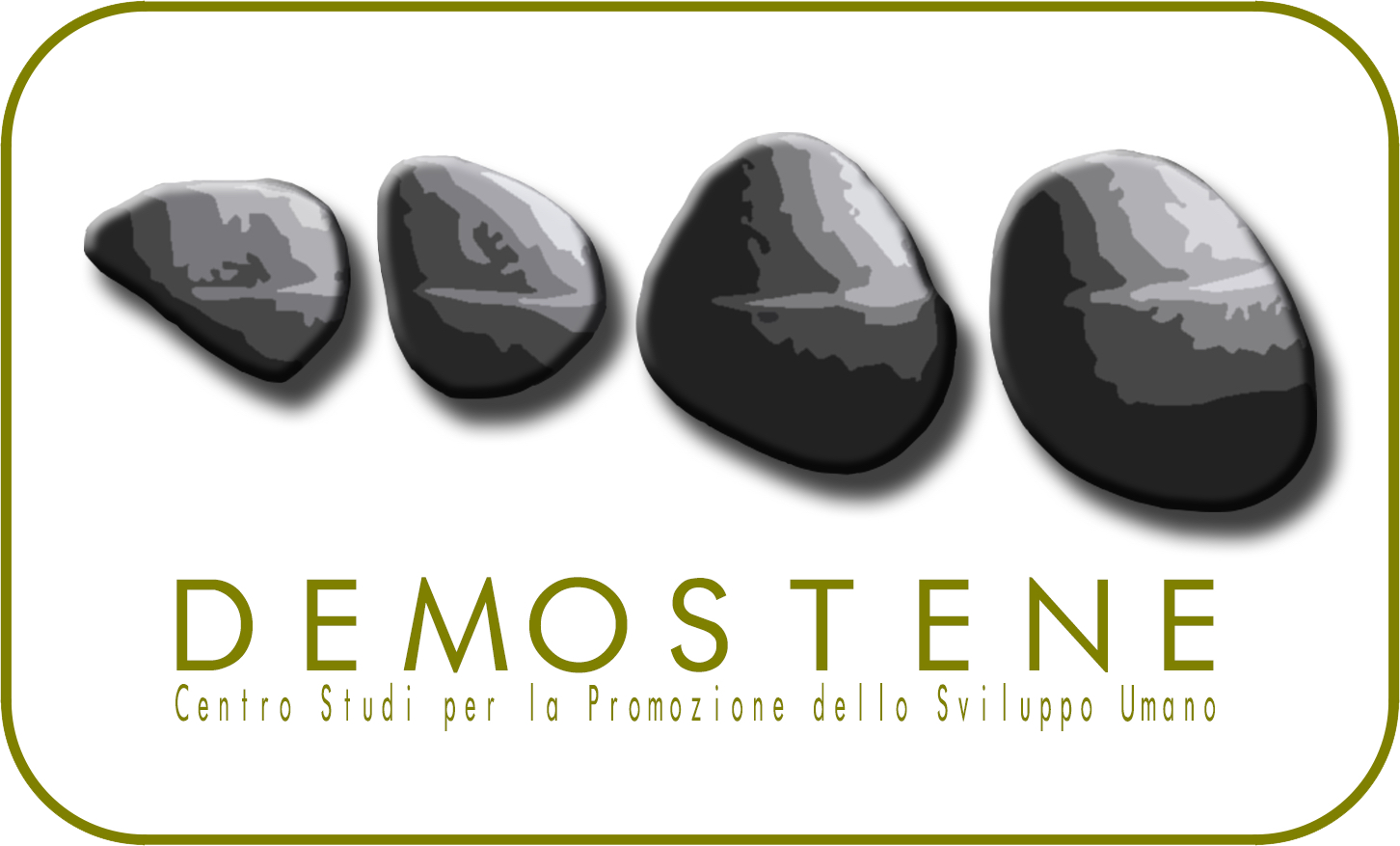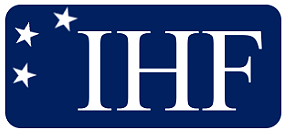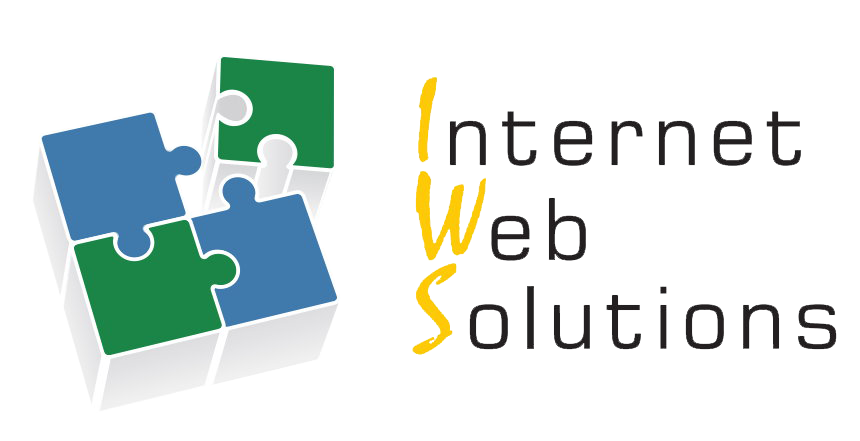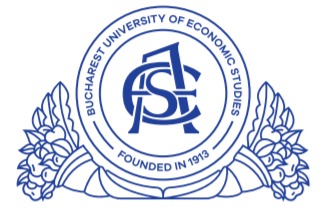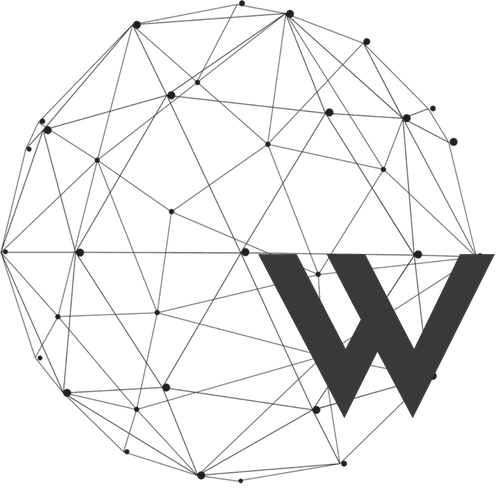Data Science in Human & Social Science for Women Empowerment: A Framework for Gender Diversity and Inclusion in European Universities
Fremework for Gender Diversity
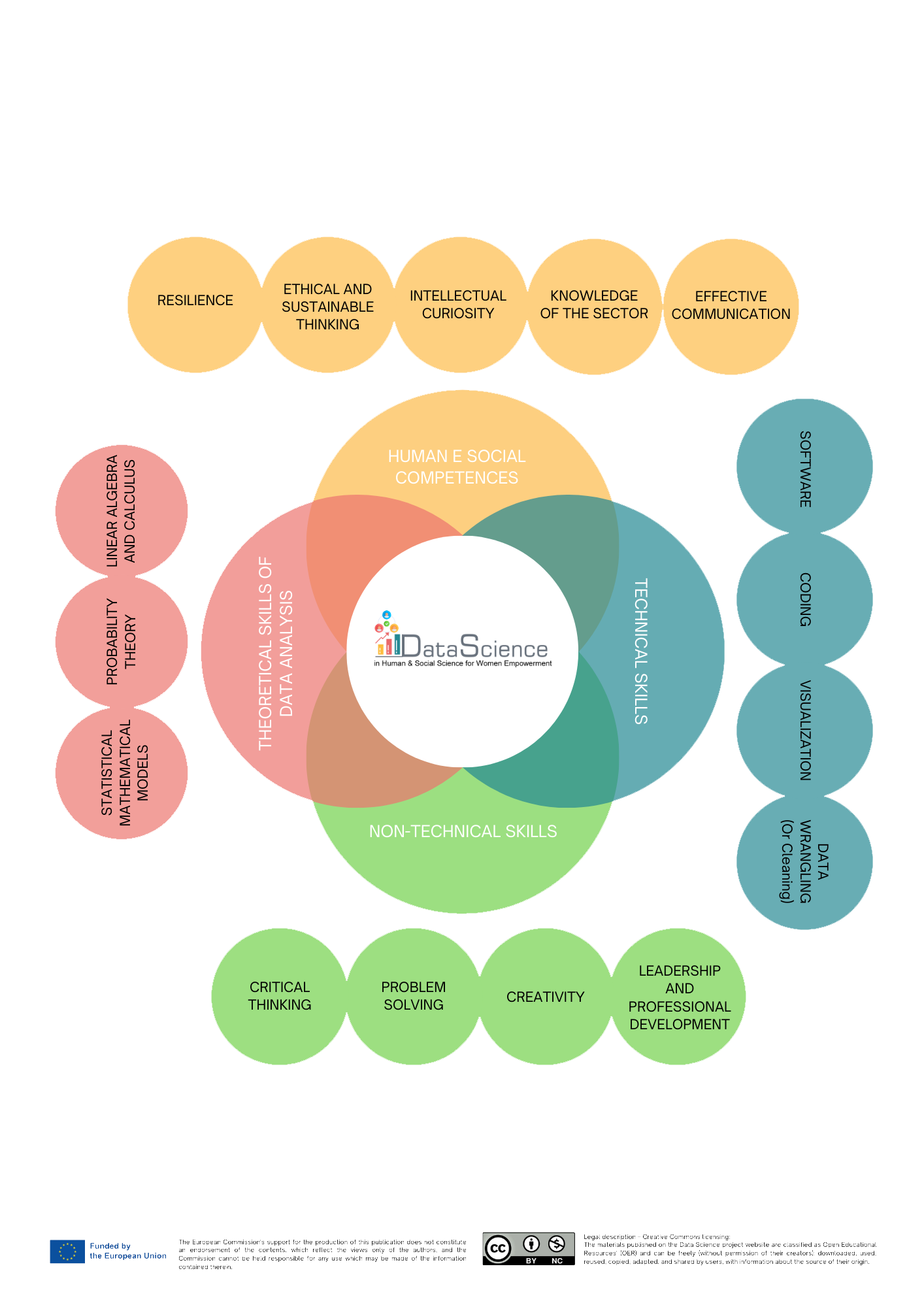
The “Data Science in Human & Social Science for Women Empowerment” project aims to bridge the gender gap in the labour-market for data scientists. The role of a data scientist has become increasingly important in the labour-market. However, the gender gap is still a relevant issue in the field. “Data Science in Human & Social Science for Women Empowerment” is a new project aiming to tackle this issue by promoting a career in data science among women.
The project consortium consists of 7 organizations, including 3 universities, from Italy, Spain, Austria, Romania, and Belgium. The objective of the project is to increase data science skills among female students, promote STEM disciplines among women, and introduce curricula in data science in European universities.
Data Science is a rapidly growing field that combines technical skills, domain knowledge, and analytical thinking to extract insights from data and solve complex problems. Its applications span across various domains, including business, health, engineering, education, social sciences, and humanities. However, despite the growing demand for data scientists, there is a significant gender gap in this field, with a prevalence of male employees.
During the implementation of the second project results (PR2), the consortium had developed and launched a Framework of competences in Data Science, aiming to provide a comprehensive and coherent set of learning outcomes and assessment criteria for data science education at the undergraduate level. The Framework is based on a literature review of existing data science curricula and competencies frameworks, as well as on the input of experts and stakeholders from academia and industry. The Framework covers different dimensions such as: data management, data analysis, data communication, and data ethics.
The project also conducted a survey among 440 students from different disciplines and backgrounds in four European Universities: Salento (Italy), Sannio (Italy), Oviedo (Spain), and Academia de Studii di Economice of Bucharest (Romania). The survey measured the degree of skills, knowledge and interest of students in Data Science according to the Framework, as well as their motivation, interest, and confidence in pursuing a career in data science.
The results of the survey and the Framework were presented in a comprehensive report, consisting of four parts. The first part reviewed the main challenges and barriers that women face in entering and advancing in data science careers, as well as the best practices and initiatives that aim to foster gender diversity and inclusion in this field. The second part showcased various case studies that apply methods and tools of data analysis to the humanities and social sciences. The third part presented the questionnaire and the scale used to measure students' skills and interest in data science. The fourth and last part analysed the survey results and discussed their implications for data science education and practice.
More info about the Framework: https://datascience-project.eu/framework.php
The project’s objectives are to introduce curricula in data science in European Universities in Human and Social Sciences, increase data science skills among female students, and promote a career in data science among women. The project aims to foster gender diversity and inclusion in data science education and practice, recognizing the potential benefits and opportunities that data science can offer to female students from different disciplines and backgrounds.
For further information on the DATA SCIENCE project: https://datascience-project.eu
